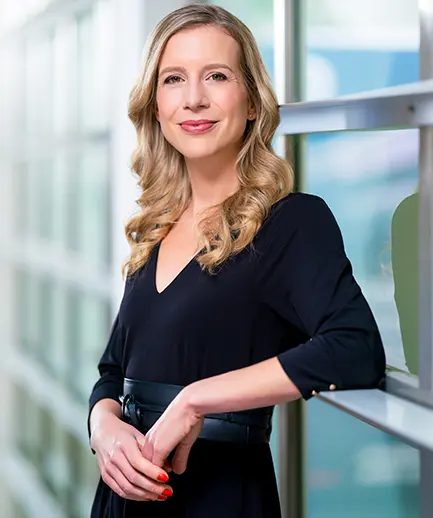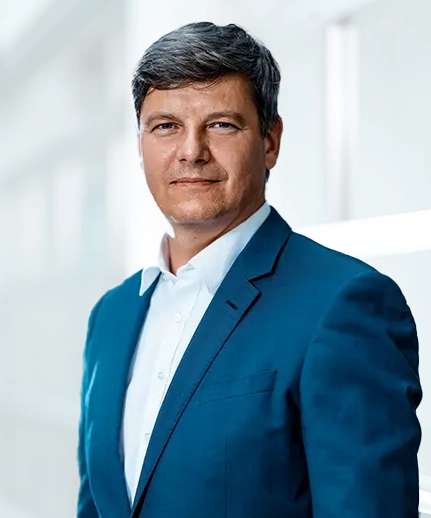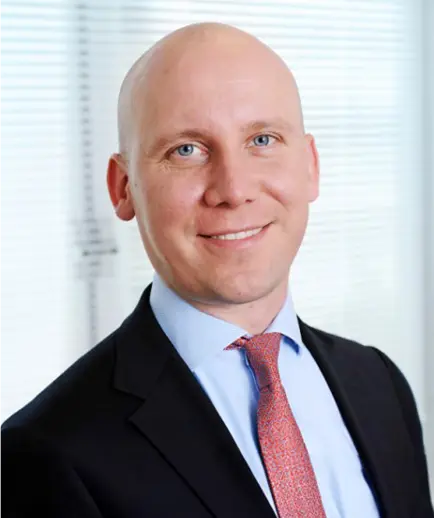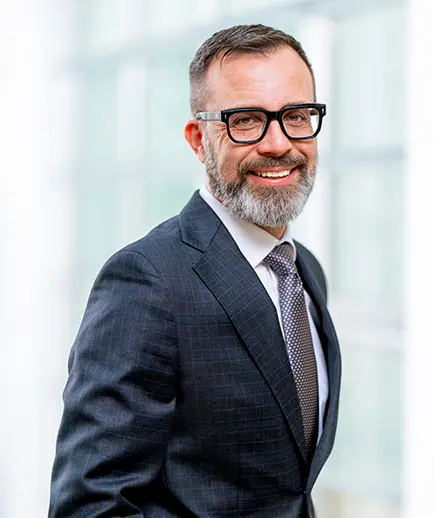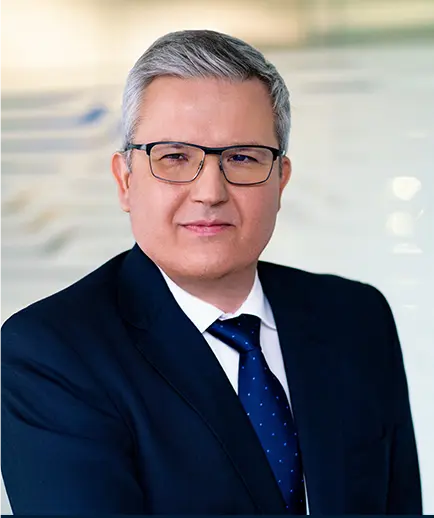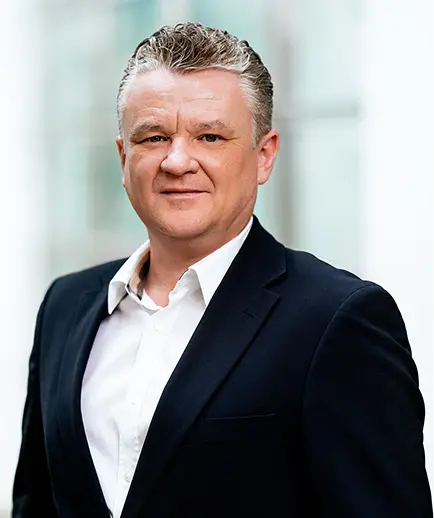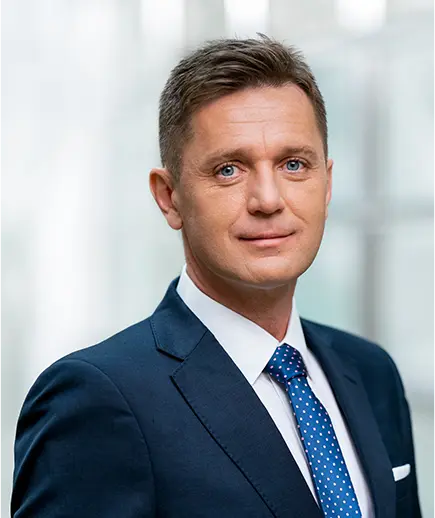TA3 Investment Conference: Energy of the Future
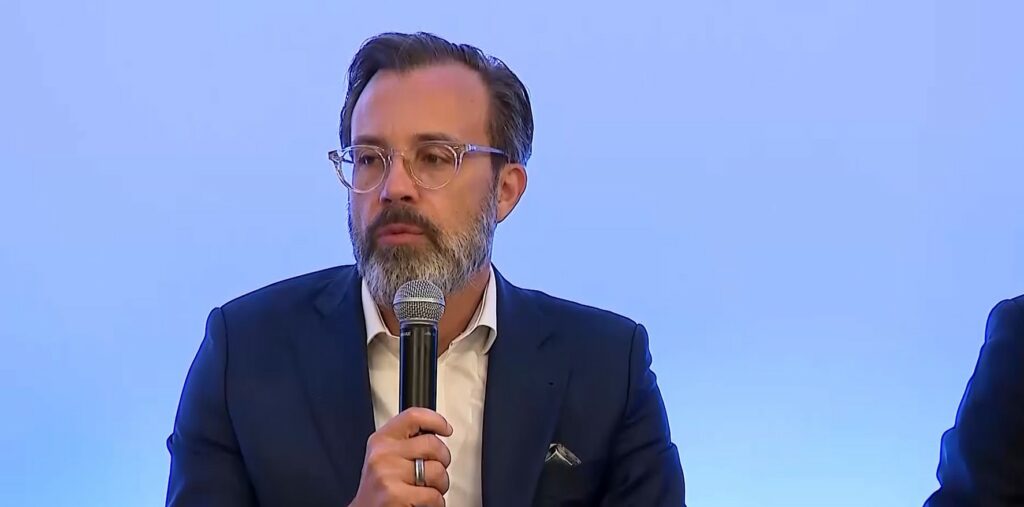
At the “Energy of the Future” conference, hosted by Slovak television TA3 on 25 May 2025, leading energy experts gathered to discuss the outlook for energy prices, energy investment, and energy security across the EU. Martin Pacovský, Chief Investment Officer at ARETE for the ENERGY TRANSITION strategy, was a guest speaker in the opening panel discussion. In his remarks, he focused on two key points: Why he sees natural gas as a critical component of modern energy generation Why investing in flexibility within the energy grid is essential You can watch the full recording of the panel discussion here: Investiční konference TA3 Energie budoucnosti The new ARETE ENERGY TRANSITION fund is built, among other things, on investments in flexible energy sources. The fund will primarily invest in flexible electricity and heat generation based on natural gas, with additional allocations to battery storage systems and renewable energy projects, especially across Central and Western European markets. Over the next four years, the ARETE ENERGY TRANSITION fund plans to invest CZK 5 billion, targeting an annual return of 11–12%.
It’s a good time to look at energy with completely new eyes
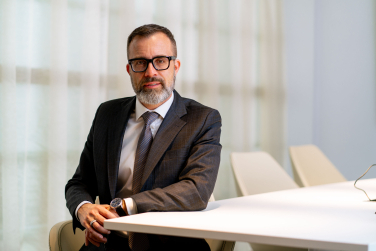
Martin Pacovský, the Chief Investment Officer of the newly established ARETE ENERGY TRANSITION fund focused on energy investments, was the first guest on the “Vysoké napětí (High Voltage)” podcast in June. He discussed the future of energy, the future of gas, the energy self-sufficiency of the Czech Republic, and the challenges of investing in the energy sector with Vladimír Piskáček and Michal Půr. Do you know how to invest in energy? According to Martin Pacovský, these investments will require working with data. In the future, we can expect a shift in energy sector towards “kind of” stock exchange trading, and those who have good analytical skills, understand data, and can predict consumption and production in the span of days will win. This also applies to investments in various renewable resources. Standalone investments in photovoltaics today do not have a positive return, and the energy sector and investments in this area operate differently than in the past. Owners of photovoltaic power plants without PPA (long-term power purchase agreements for renewable energy at a fixed or indexed price) optimize production based on weather predictions or capacity market forecasts. For instance, they deliberately do not produce or produce 20% less energy and sell this unproduced capacity on the deviation market. They arbitrage between different markets based on their demand and supply forecasts. It’s no longer enough to have a power plant connected to the grid and produce energy when the sun shines. One must have a mathematical model and analysis over their business model and know when, where, and to whom to sell the produced energy. In the show, you will also learn how Martin views the energy self-sufficiency of the Czech Republic and the future of gas. You can listen to the entire podcast here: https://youtu.be/rMf1NGvtRcw
What Will Be the Fuel of the Future?
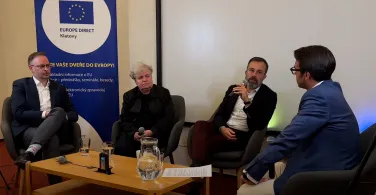
Will it be nuclear, gas, hydrogen, renewables, or a completely new alternative? In a public debate held at the Úhlava Education Center in Klatovy, Czech Republic, prominent energy experts gathered to discuss the future of fuels and the energy industry. The discussion focused on several key topics, including renewable sources, nuclear energy, hydrogen, and the possibilities of replacing coal to achieve zero-emission energy by mid-century. The debate featured nuclear engineer and chairwoman of the State Office for Nuclear Safety, Dana Drábová, former chairman of Pražská plynárenská and current Chief Investment Officer of the ARETE ENERGY TRANSITION fund, Martin Pacovský, and advisor to the Minister of the Environment for energy, Martin Sedlák. The discussion centered on three main topics: the future of fuels, replacing coal, and building new energy sources. The conclusions of the debate can be summarized as follows. The efficiency of renewable energy sources will increase in the future as new technologies in batteries and solar panels develop. Advancements in energy storage can significantly change the way we use renewable sources today. Hydrogen could also be the fuel of the future, serving as a clean energy source that could replace fossil fuels in various sectors, including transportation and industry. Proper political steps and financial incentives can accelerate the development and deployment of clean technologies. Achieving the set climate change goals and an effective transition to zero-emission energy will also require global cooperation and technology sharing. If you’re interested in the direction of the energy sector and how these changes will affect our lives, watch the full debate here: https://youtu.be/6tvg7pjoTD4 A short excerpt can be found in the attached edited version of the debate.
The Era of Interesting Investment Opportunities Approaches
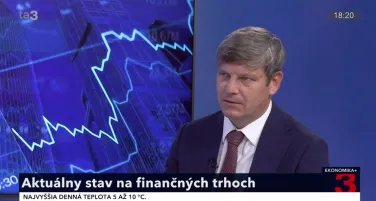
Lubor Svoboda, co-founder of the real estate and investment group ARETE, was a guest on the Ekonomika Plus program of the Slovak television station TA3 on Tuesday, April 23rd. The discussion with the host Lenka Buchláková focused on long-term investments in today’s environment. The current macroeconomic situation brings forth intriguing investment opportunities, particularly in real estate. What will you hear in the interview? The key attributes of a good investment strategy, including the relationship between returns, liquidity, and risk. The ideal ratio of investment instruments for risk diversification, considering stocks, bonds, private equity, and qualified investor funds. The target audience for real estate funds. The impact of interest rates set by the ECB and ČNB on investments in commercial real estate. Expectations regarding the future movement of stock prices. How this year’s super-election year might shake up our investment strategies. Also mentioned in the program: “Given that commercial real estate in Western Europe has already seen significant price reductions, the moment when the value of money further decreases will be the right time to purchase properties. At that point, we can anticipate future appreciation.” You can watch the whole interview in the TA3 archive.

